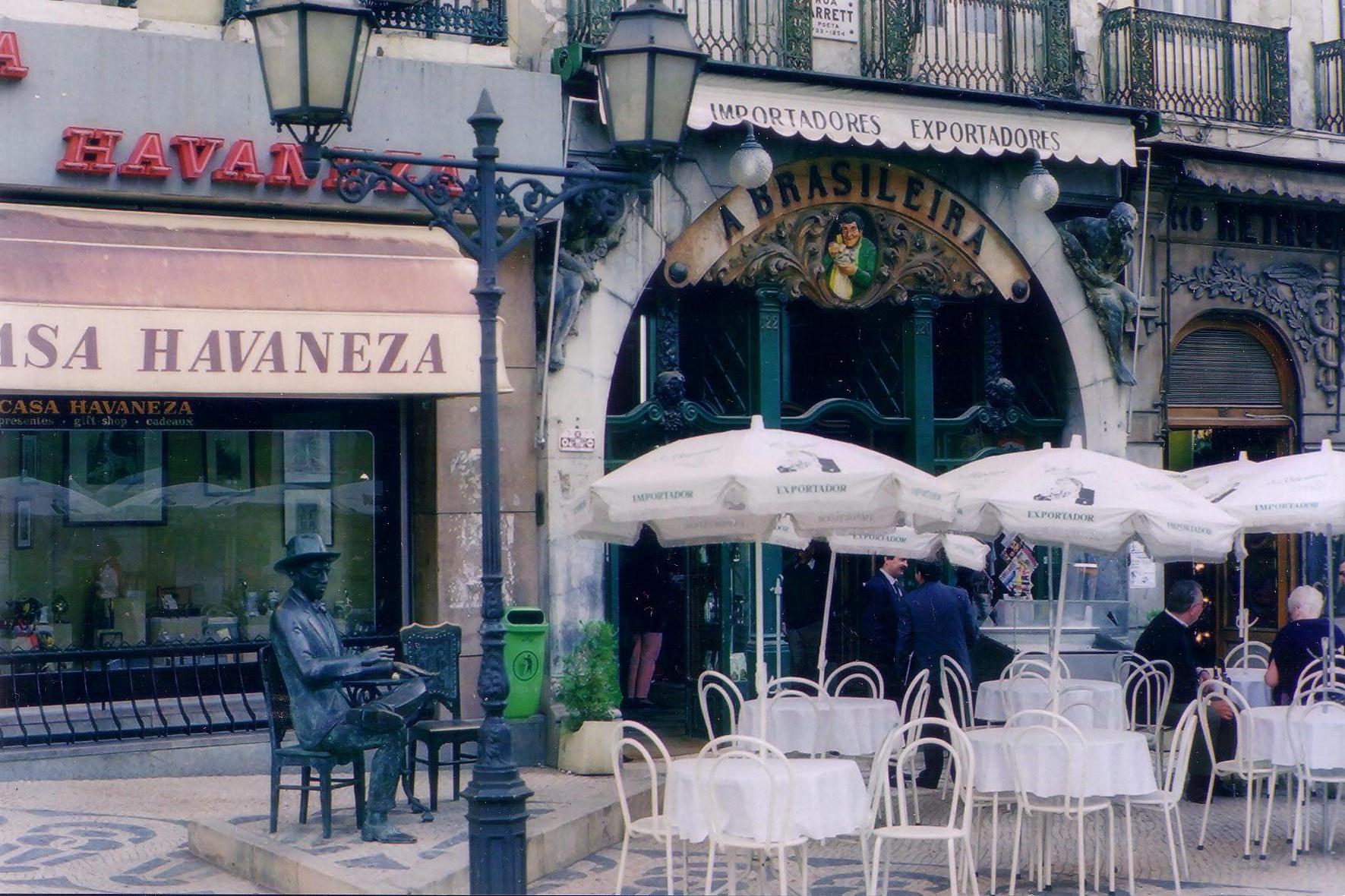Spring is here, which means the vacation planning season has begun. Since most of us won’t be heading to Portugal for another few months, we can start practicing our traveling Portuguese now so we’re prepared.
Most people who studied in Portugal will know some English, as they are taught in school. But keep in mind, their English is probably only as good as your high school Spanish.
Along with the list below, I suggest getting the free app Duolingo and playing around. Though it only offers Brazilian Portuguese, my family claims even citizens of the continent are starting to adapt their language to be more like Brazilian, starting with the slang.
Bom Dia / Boa Tarde / Boa Noite
The very first word to learn in any language before traveling is Hello. Though you can simply say, “Olá,” for hello, the more polite and common greetings are good morning, good afternoon, and goodnight. Phonetically they are said, Bon Dee-yah, Bow-ah Tahr-deh, and Boh-ah Noy-teh.
Por Favor / Obrigado(a) / De Nada
The Portuguese are very polite, and they almost always say please, thank you, and you’re welcome when completing a transaction or getting advice.
If you studied Spanish, you’ll recognize “Por Favor” as a way to say please. Phonetically it is said, Pour Fah-vore.
And just like Spanish, to say the correct form of thank you, you have to start with your gender. If you’re female, you’ll say “Obrigada.” If you’re male, you’ll say, “Obrigado.” Phonetically it is said, Oh-bree-gah-doe (or dah).
“De nada,” the Portuguese phrase for you’re welcome, actually means, “it’s nothing.” Phonetically it is said, Deh Nah-dah.
Prazer / Me Chamo
When strangers are introduced to each other in Portugal, they often shake hands and say, “Prazer.” It’s short for “Prazer de conhecer,” which means, “honored to meet you.” Phonetically it is said, Prah-zehr.
When strangers want to introduce themselves to others, they often say, “my name is…” In Portuguese, this is “me chamo…” As in, I’m called Suzanne. Me chamo Suzanne. Phonetically it is said, Meh Sheh-moe.
Não Falo Português / Fala Inglês?
When starting a conversation, it’s always good to know if they speak in your native language before you struggle to speak in theirs. You can ask politely if someone speaks English by asking, “Fala Inglês?” Or you can offer to tell them that you don’t speak Portuguese by saying, “Não falo Português.” Phonetically they are said, Fah-lah Eeng-lez and Now Fah-low Pour-too-gehz.
Desculpe
In a bustling city, bumping into people is common, but you can politely say excuse me or sorry when it’s your fault by simply saying, “desculpe.” Phonetically it is said, Dehs-cool-peh.
Quanto / Qual
When making a purchase at a shop, these two words, meaning “how much” and “which one,” respectively, will come in handy. To ask how much something is, simply point to the item and ask, “Quanto é?” If the store clerk motions to an item, but it’s not clear which one, ask, “Qual é?” Phonetically they are said, Coo-ant-oh eh and Coo-ahl eh.
Aonde Está…?
Getting lost is pretty common when traveling, so knowing how to ask where something is can be a great help. To ask someone on the street where a landmark is, for example, ask, “Desculpe, aonde está o…?” along with the name of the place or street. Phonetically it is said, Ah-un-deh Ehs-tah.
No one plans on getting injured or sick while vacationing, but it happens more often than we’d like. Being able to say just these few phrases may help you get the medical attention you need sooner. Portugal has great universal healthcare, so don’t be afraid to ask for help.
Pode Adjudar-Me?
This simply means, “can you help me?” It’s clear and to the point. When approaching a stranger for help, this should be your first question. Phonetically it is said, Paw-deh Ah-joo-dahr Meh.
Estou Amagoado
This tells the person you’re speaking to that you are injured. It may not be so obvious, so it’s good to state it. Phonetically it is said, Ehs-tow Ah-mah-goo-ah-doe.
Sinto-Me Doente
This informs the person you’re speaking to that you are not feeling well. This is good for when you feel flu-like symptoms or stomach troubles. Phonetically it is said, Seen-too Meh Doo-ehn-teh.
Não Posso Respirar
This is an emergency call for help if you’re not breathing well. If you have asthma or breathing issues of any kind, please keep this one in your back pocket. Phonetically it is said, Now Paw-so Rehs-pee-rahr.
Of course, there is so much more to Portuguese than what is listed on this post, but these essential phrases should get you through most of your trip. I always recommend you try to learn a language while you’re immersed in the culture. Native people will always find it endearing if you try, even if you sound like a cave man. Who knows? You may meet a new friend.
Written by : Suzanne Ferreira
Subscribe To My Newsletter
BE NOTIFIED ABOUT BOOK SIGNING TOUR DATES
Donec fringilla nunc eu turpis dignissim, at euismod sapien tincidunt.




